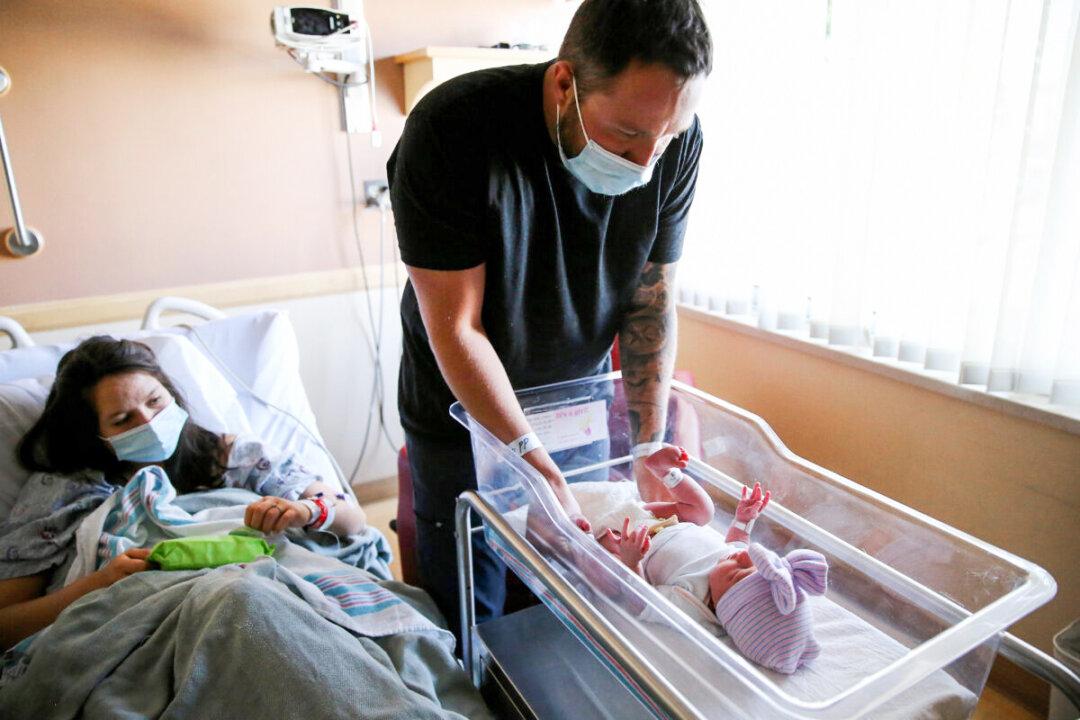Unknown to many parents, California’s state health department collects and stores blood samples from newborn babies without their consent—but that could soon change.
Senate Bill (SB) 625, authored by Sen. Janet Nguyen (R-Huntington Beach), unanimously passed the Senate Judiciary Committee 8–0 Jan. 11 and will be considered next by the chamber’s Appropriations Committee before a full Senate vote on the measure.





